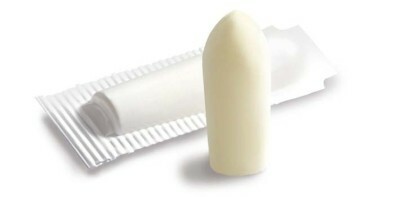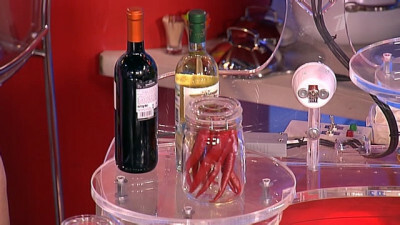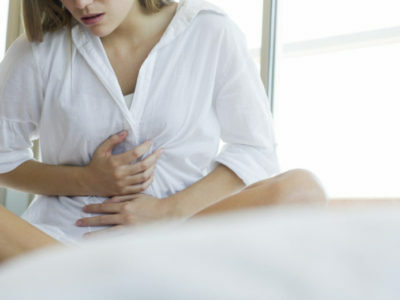1 How does the work of the digestive tract change?
Cholecystectomy is the removal of the gallbladder, after which certain changes take place in the body. First of all there is an imbalance in the microflora. This is due to the fact that the bile secreted by the body can no longer accumulate in the gallbladder and enters directly into the intestine. Having lost the opportunity to accumulate, it becomes less concentrated, due to which it poorly digests harmful microorganisms in the intestines, and this leads to a malfunction in its work. A person has constipation and diarrhea, heartburn occurs, acid rises through the esophagus into the mouth, there may be pain in the right or left hypochondrium.
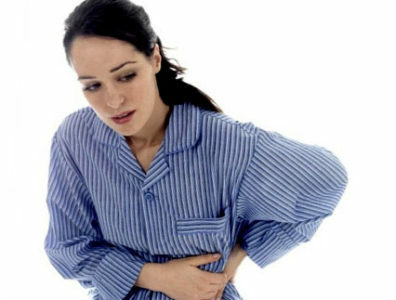
Recommended to read
- Why bitterness in the mouth and nausea occur
- Possible causes of bitterness in the mouth in the mornings
- The main symptoms of the presence of bile in the stomach
- Effective remedy for gastritis and stomach ulcer
The bile ducts in the liver undergo severe pressure, because bile now enters them,never stopping, this tension often ends with the formation of malignant tumors. Against the background of the constant presence of bile in the stomach, a person may develop gastritis or a peptic ulcer.
2 Complications and their symptoms
Symptoms of gallbladder dysfunction are: the onset of constipation and diarrhea, heartburn, flatulence, nausea, pain in the right side. After the operation to remove the organ, the patient does not feel immediate relief, he has all the same symptoms. But this time they can be joined by pain from the operation itself, in addition, there may be a rise in temperature caused by an infection. All these symptoms will be the result of proper therapy aimed at teaching the human body to do without a gallbladder.

The main thing is that the body does not have concomitant diseases. To avoid this, a study of the stomach, liver and pancreas is performed before the cholecystectomy, and if any pathologies in these organs are found, then their treatment is performed. After you can do the operation, only in this case complications can be minimized.
3 Recommendations for a lifestyle after cholecystectomy
In order for the body and the gastrointestinal tract to return to normal, the person has to completely change his life after the operation. And this is not only a diet, it is a correction of the regime of the day, sleep, sometimes work. We have to think about our health more than before the operation, and take care of it much more carefully than before.
-
 IMPORTANT TO KNOW! Gastritis? Ulcer? To have a stomach ulcer not turned into cancer, drink a glass. ..Read the article & gt; & gt;
IMPORTANT TO KNOW! Gastritis? Ulcer? To have a stomach ulcer not turned into cancer, drink a glass. ..Read the article & gt; & gt;
In addition, the postoperative period is quite severe, because if the intervention was conducted in an open manner, the sutures on the wound will heal about 6 weeks. If the manipulation was performed by a laparoscopic method, the postoperative period proceeds much faster, because there are no extensive incisions and sutures. Changes in a person's life begin right after the operation and are primarily in the diet.
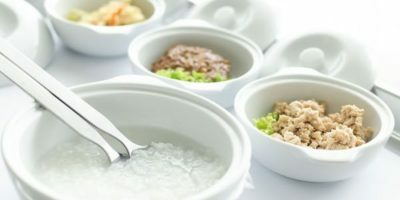
4 Diet and sport
Food, being a stimulant of the gastrointestinal tract, not only causes an inflow of bile to it, but also helps to remove it. To ensure the necessary balance of acid, you must follow certain rules of nutrition. Immediately after the operation, it is strictly forbidden to eat fried fatty meat, pasta, pastry from dough. In general, one can not eat spicy dishes. Not allowed to use a variety of spicy and even not very sharp sauces, such as adzhika, ketchup, mayonnaise. Hardly digested: peas, beans, fresh greens. It is dangerous to use alcohol after surgery, sweet fizzy drinks.
-
 Gastroenterologist. VAZHENOV: "I beg you, if you began to worry about abdominal pain, heartburn, nausea, do not do gases. .."Read more & gt; & gt;
Gastroenterologist. VAZHENOV: "I beg you, if you began to worry about abdominal pain, heartburn, nausea, do not do gases. .."Read more & gt; & gt;
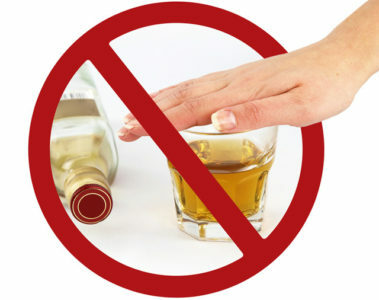
For food recommended: stale bread, boiled meat low-fat varieties, fish and chicken. Very useful porridge from different cereals: buckwheat, oats, mango, rice. They should be strongly brewed to the state of sticky mass. Suitable and vegetable soup or stewed vegetables. You can drink compote from dried fruits or a decoction of wild rose berries. From sweet it is recommended honey, jam, marmalade,
. The food intake should be carried out in small portions several times a day, usually after the operation it is recommended to eat at least 6 times. This prevents the stagnation of bile, and hence the phenomena caused by it. Before each meal, you need to drink 200 g of ordinary water without gas. It dilutes secreted bile and prevents flatulence, heartburn.
The best option for a person undergoing an operation to remove a person's gallbladder is swimming. This kind of sport perfectly develops the muscles of the shoulder girdle, while not severely straining the muscles of the press, eliminates the effect of stagnation of bile in the stomach and normalizes the pressure.
Instead of swimming, you can do long walks, trying not to strain the press. Throughout life, a person with a distant gallbladder should exercise regular control over the biochemistry of bile. This is necessary to prevent the formation of stones.
ADVICE FROM THE MAIN GASTROENTEROLOGIST
Korotov SV: "I can recommend only one remedy for the rapid treatment of Ulcer and Gastritis, which is now recommended by the Ministry of Health. .." Read testimonials & gt; & gt;
5 Medical treatment
After removal of the gallbladder and throughout the rest of life, a person is not recommended to get involved in taking medication, the body must adapt itself to a new situation for him. However, if immediately after the operation there is inflammation, the patient is prescribed a course of antibiotics.
Pain syndrome is stopped with No-shpa, Buskopan or Drotaverin. If gastric acid causes the formation of stones, the patient will be forced to take drugs that reduce this effect - Ursosan, Ursofalk, Enterosan. The course is no more than 2 years. If there is a development of pathologies in the small intestine, leading to diarrhea or constipation, intestinal antiseptics or antibacterial agents are prescribed.
- 1 How does the work of the digestive tract change?
- 2 Complications and their symptoms
- 3 Recommendations for a lifestyle after cholecystectomy
- 4 Diet and Sport
- 5 Medication
Very often people have bitterness in their mouth after removing the gall bladder. This is due to changes in the work of the gastrointestinal tract. It is known that the gallbladder takes part in the process of digesting food by isolating its bile into the cavity of the duodenum. But for serious diseases, such as cholecystitis or cholelithiasis, the organ practically does not fulfill its functions, therefore a decision is made to remove it.
Do you have gastritis?
GALINA SAVINA: "How easy is it to cure gastritis at home for 1 month. A proven method is to write down a recipe. ..!"Read more & gt; & gt;

